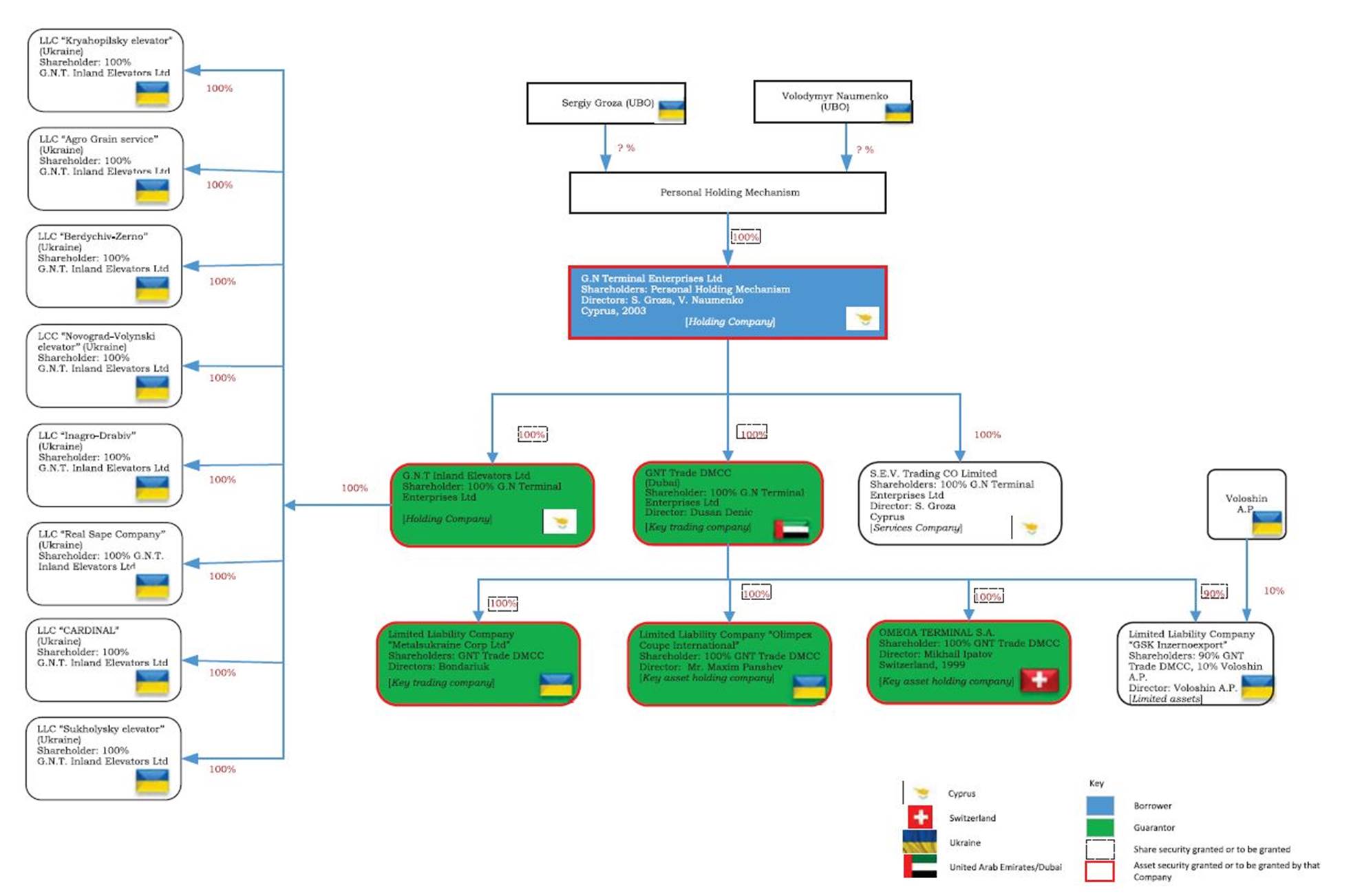B e f o r e :
MR JUSTICE JACOBS
____________________
Between:
| |
MADISON PACIFIC TRUST LIMITED
|
Claimant
|
| |
- and -
|
|
| |
(1) SERGIY MYKOLAYOVCH GROZA
(2) VOLODOMYR SERHIYOVCH NAUMENKO
|
Defendants
|
____________________
Nathan Pillow KC and James Sheehan (instructed by Hogan Lovells International LLP) for the Claimant
Stephen Cogley KC and Kajetan Wandowicz (instructed by Hill Dickinson LLP) for the Defendants
Hearing dates: 5 6 February 2024
____________________
HTML VERSION OF APPROVED JUDGMENT�
____________________
Crown Copyright ©


